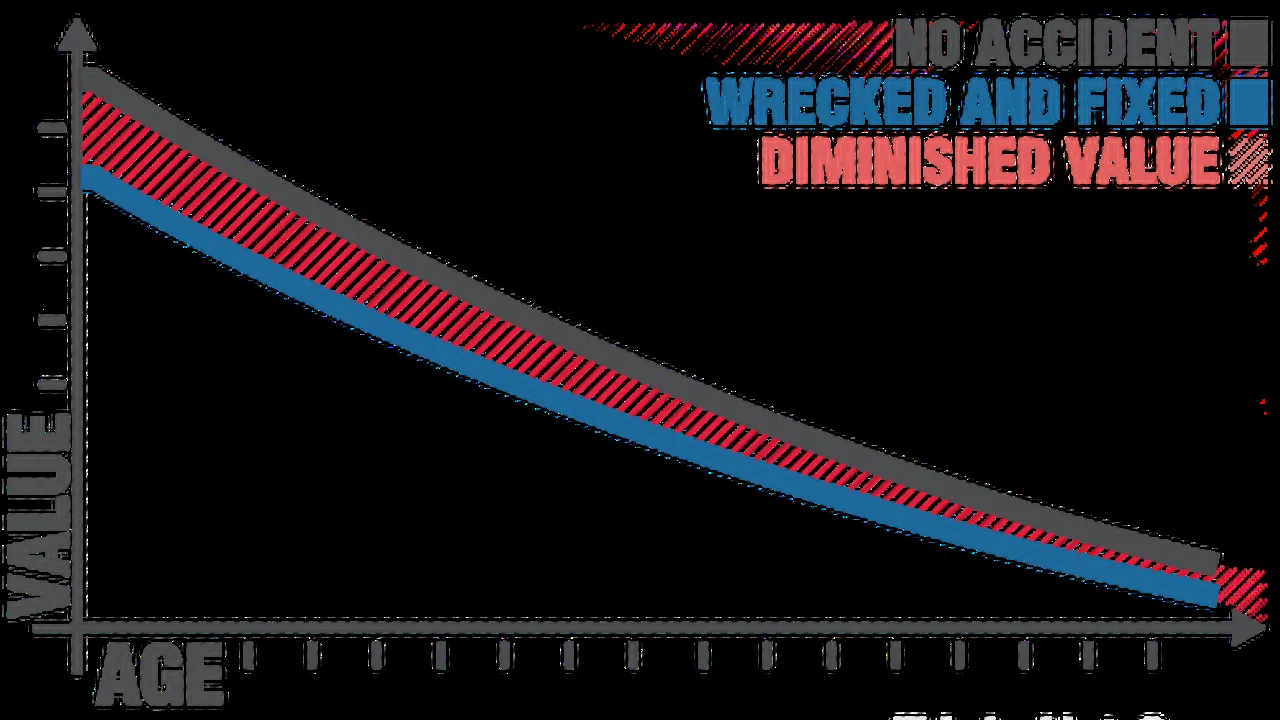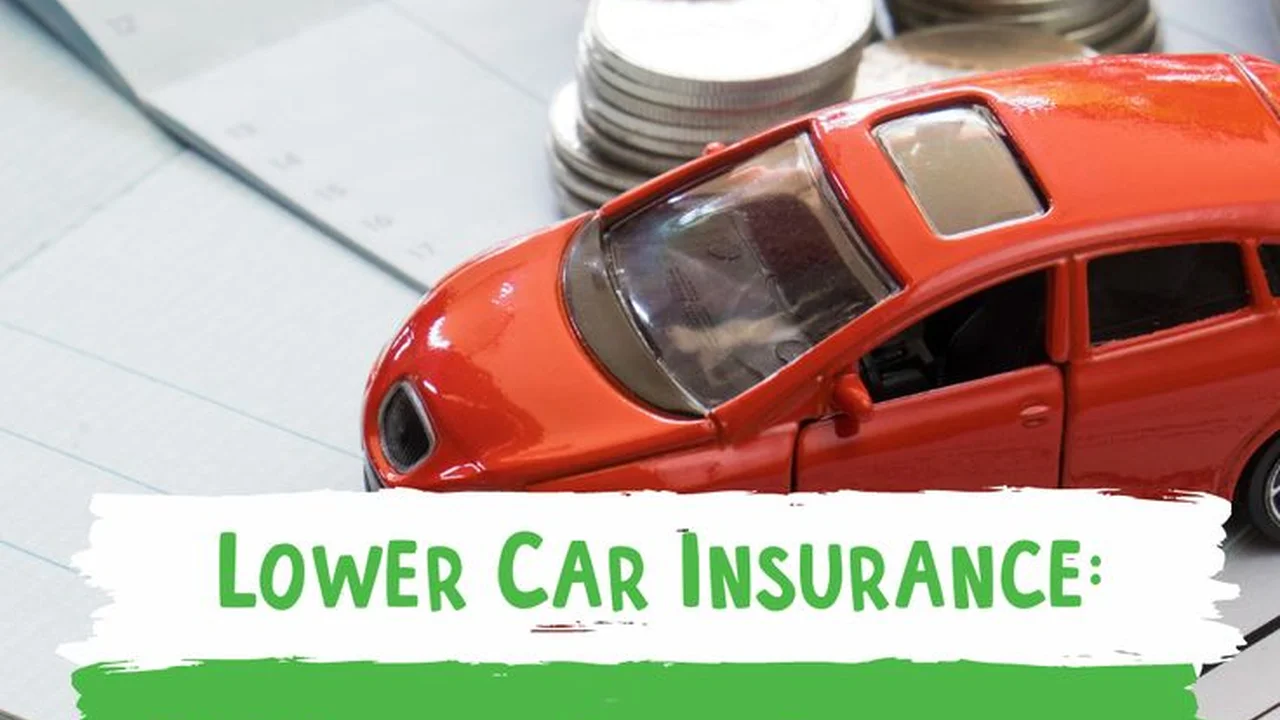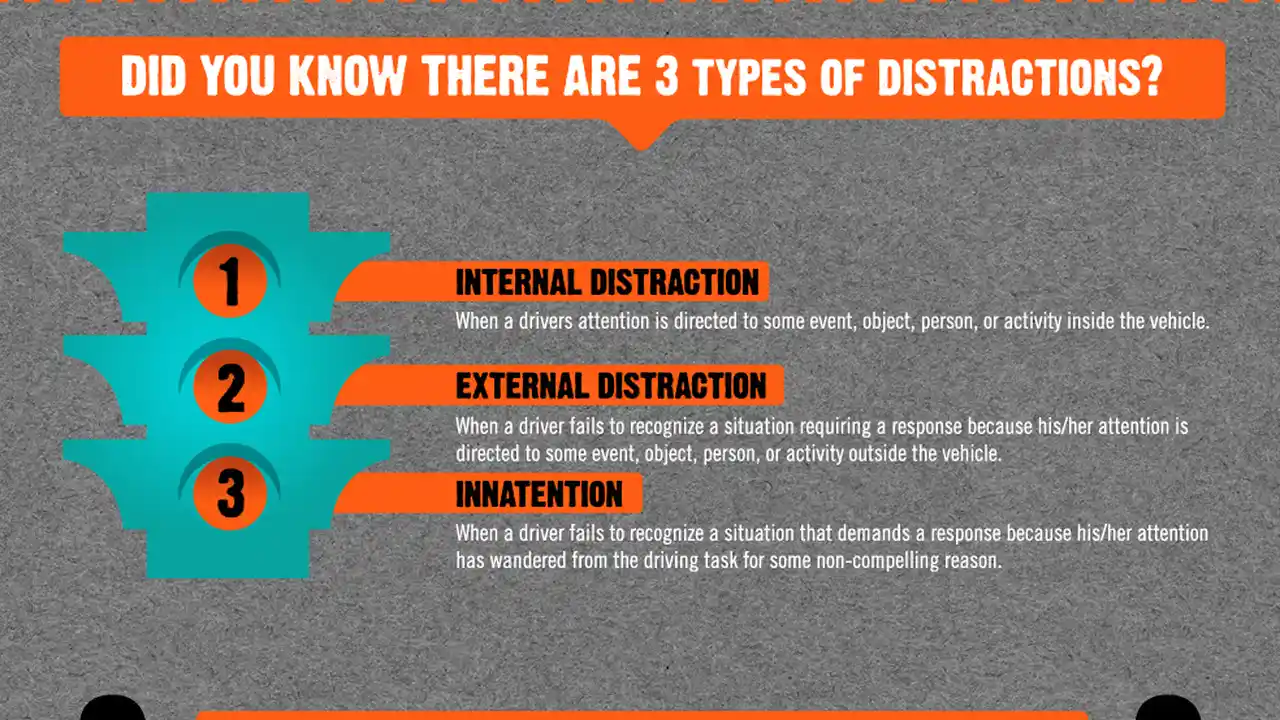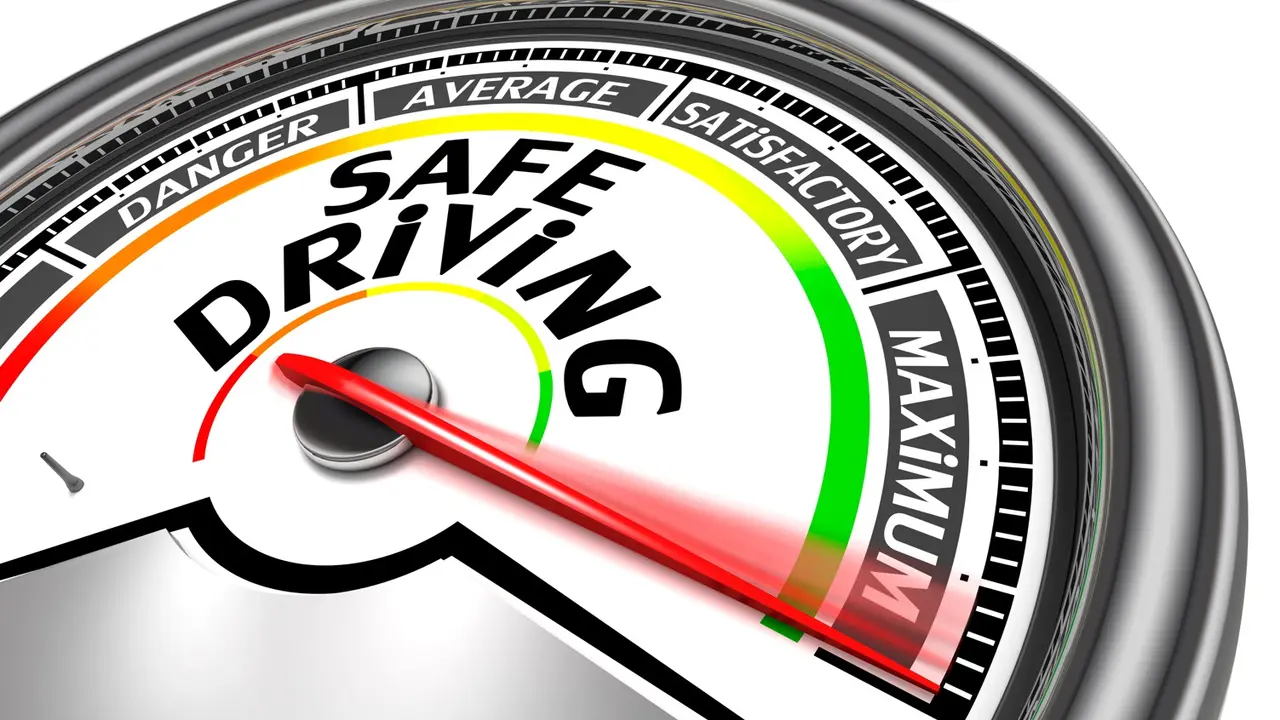The Relationship Between Credit Score and Car Insurance Rates
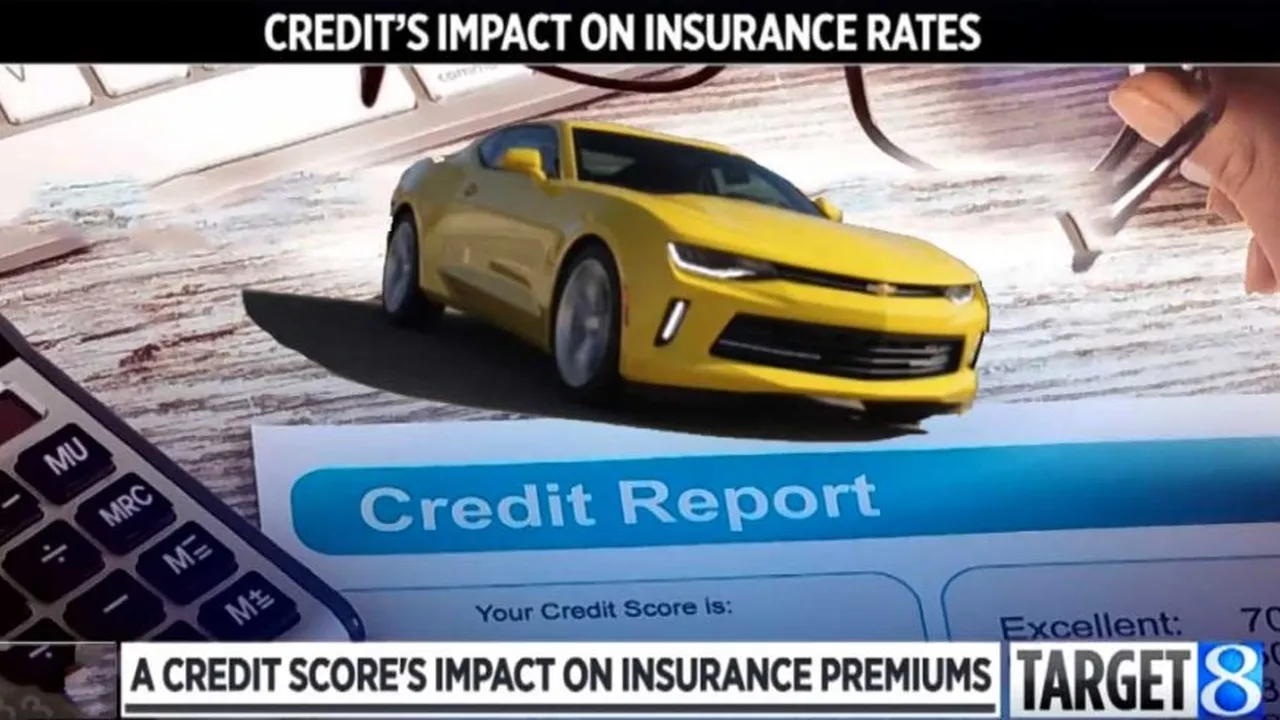
Understanding the Credit Score and Car Insurance Connection
Hey there! Ever wondered why your car insurance rates seem to fluctuate, even when you haven't had an accident or a ticket? Well, one of the biggest factors many insurance companies consider is your credit score. Yep, that little three-digit number that lenders use to assess your financial risk can also play a significant role in determining how much you pay for car insurance. It might seem odd, but let's dive into why this is the case.
Insurance companies argue that your credit score is a good indicator of your responsibility and likelihood to file a claim. They believe that people with lower credit scores are statistically more likely to file claims, leading to higher costs for the insurance company. Consequently, they often charge higher premiums to offset this perceived risk. On the flip side, a good credit score can often translate to lower insurance rates.
How Does Your Credit Score Affect Your Car Insurance Premium?
Okay, so how exactly does this work? Insurers use what's called an "insurance score," which is derived from your credit report. This score isn't the same as your FICO score, but it's heavily influenced by it. Insurers look at factors like your payment history, outstanding debt, length of credit history, and the types of credit accounts you have. They then use this information to predict the likelihood of you filing a claim.
A lower insurance score generally means higher premiums. This is because insurers see you as a higher risk. You might be thinking, "But I'm a safe driver!" And that might be true, but insurers are looking at the big picture and making assumptions based on statistical data. A higher insurance score, on the other hand, signals to insurers that you're a responsible individual who's less likely to file a claim, which can lead to lower rates.
Credit Score Tiers and Their Impact on Insurance Costs Credit Score Breakdown
Let's break down the common credit score tiers and how they generally affect car insurance rates. Keep in mind that these ranges can vary slightly depending on the insurance company and the state you live in.
- Excellent Credit (750+): If you have excellent credit, you're in a great position to secure the lowest car insurance rates. Insurers see you as a low-risk driver, and you'll likely qualify for discounts and the best available premiums.
- Good Credit (700-749): With good credit, you'll still find competitive rates, although they might not be quite as low as those offered to individuals with excellent credit.
- Fair Credit (650-699): This is where things start to get a little trickier. You'll likely see higher premiums compared to those with good or excellent credit, but you can still find reasonable rates by shopping around.
- Poor Credit (Below 650): If you have poor credit, you'll likely face the highest car insurance premiums. Insurers see you as a high-risk driver, and you'll need to work harder to find affordable coverage.
States Where Credit Scores Don't Affect Car Insurance Rates Credit Score Car Insurance Laws
It's important to note that not all states allow insurance companies to use credit scores when determining car insurance rates. As of my last update, these states typically include California, Hawaii, Massachusetts, Maryland, Michigan, Oregon, Utah. If you live in one of these states, your credit score won't be a factor in your car insurance premiums. However, other factors, such as your driving record, age, and vehicle type, will still be considered.
Tips for Improving Your Credit Score to Lower Car Insurance Rates Credit Score Improvement
If you live in a state where credit scores affect car insurance rates and you have a low credit score, don't despair! There are steps you can take to improve your credit score and potentially lower your premiums.
- Pay Your Bills on Time: This is the most important factor in your credit score. Set up automatic payments or reminders to ensure you never miss a due date.
- Keep Your Credit Utilization Low: Try to keep your credit card balances below 30% of your credit limit. For example, if you have a credit card with a $1,000 limit, try to keep your balance below $300.
- Check Your Credit Report Regularly: Review your credit report for errors and dispute any inaccuracies you find. You can get a free copy of your credit report from each of the three major credit bureaus (Equifax, Experian, and TransUnion) once a year at AnnualCreditReport.com.
- Avoid Opening Too Many New Accounts: Opening multiple new credit accounts in a short period can lower your credit score.
- Be Patient: Improving your credit score takes time, so don't get discouraged if you don't see results immediately.
Shopping Around for Car Insurance: Comparing Rates and Finding the Best Deals Insurance Rate Comparison
Regardless of your credit score, it's always a good idea to shop around and compare car insurance rates from multiple companies. Rates can vary significantly depending on the insurer, so it's worth the effort to get quotes from several different providers. Here are a few tips for shopping around:
- Get Quotes Online: Many insurance companies offer online quote tools that allow you to get an estimate in minutes.
- Work with an Independent Agent: An independent agent can get quotes from multiple insurance companies on your behalf, saving you time and effort.
- Ask About Discounts: Be sure to ask about any discounts you might be eligible for, such as discounts for safe drivers, students, or those who bundle their car and home insurance.
- Consider a Higher Deductible: Increasing your deductible can lower your premium, but make sure you can afford to pay the higher deductible if you need to file a claim.
Specific Car Insurance Products and Their Features
Now, let's talk about some specific car insurance products and scenarios where they might be useful. Remember, these are just examples, and the best product for you will depend on your individual needs and circumstances.
Progressive Snapshot: Usage-Based Insurance
Product: Progressive Snapshot
Description: Snapshot is a usage-based insurance program that tracks your driving habits using a mobile app or a device plugged into your car. It monitors things like hard braking, rapid acceleration, and nighttime driving. If you're a safe driver, you can earn significant discounts on your car insurance premiums.
Usage Scenario: Ideal for drivers who primarily drive during the day, avoid hard braking and acceleration, and generally practice safe driving habits.
Pros: Potential for significant discounts, personalized feedback on driving habits.
Cons: May increase premiums for aggressive or unsafe drivers, privacy concerns about data tracking.
Pricing: Discounts vary based on driving habits, but can range from a few percentage points to over 30%.
State Farm Drive Safe & Save: Another Telematics Option
Product: State Farm Drive Safe & Save
Description: Similar to Progressive Snapshot, Drive Safe & Save uses a mobile app to track your driving habits and offer discounts based on safe driving behavior. It monitors things like mileage, speed, and braking.
Usage Scenario: Good for low-mileage drivers and those who practice safe driving habits. Also beneficial for new drivers looking to build a good driving record.
Pros: Potential for discounts, helps improve driving habits, easy to use app.
Cons: Requires consistent use of the app, potential for increased premiums for unsafe driving.
Pricing: Discounts vary based on driving habits, but can range from 5% to 50%.
Allstate Milewise: Pay-Per-Mile Insurance
Product: Allstate Milewise
Description: Milewise is a pay-per-mile insurance program that charges you based on the number of miles you drive each day. A device plugged into your car tracks your mileage, and you pay a daily rate plus a per-mile rate.
Usage Scenario: Best for low-mileage drivers who only drive occasionally, such as those who work from home or use public transportation.
Pros: Can save money for low-mileage drivers, transparent pricing.
Cons: Can be more expensive for high-mileage drivers, requires a device to be plugged into your car.
Pricing: Daily rate plus a per-mile rate, varies based on location and driving history. A typical daily rate might be around $2, with a per-mile rate of $0.06 to $0.10.
Comparing Insurance Products: Which is Right for You? Insurance Product Comparison
Choosing the right car insurance product depends on your individual needs and driving habits. Here's a quick comparison of the products mentioned above:
| Product | Best For | Key Features | Potential Savings | Considerations |
|---|---|---|---|---|
| Progressive Snapshot | Safe drivers who want personalized feedback | Tracks driving habits via app or device | Up to 30% or more | Privacy concerns, potential for increased premiums |
| State Farm Drive Safe & Save | Low-mileage drivers and safe drivers | Tracks driving habits via app | 5% to 50% | Requires consistent app usage, potential for increased premiums |
| Allstate Milewise | Very low-mileage drivers | Pay-per-mile insurance | Significant savings for low-mileage drivers | Can be expensive for high-mileage drivers |
When comparing these and other insurance products, consider your driving habits, mileage, and budget. Read reviews and compare quotes from multiple companies to find the best deal.
Beyond Credit Score: Other Factors Affecting Car Insurance Rates Car Insurance Rate Factors
While your credit score can play a significant role, it's not the only factor that affects your car insurance rates. Other factors include:
- Driving Record: A clean driving record with no accidents or tickets will result in lower premiums.
- Age: Younger drivers typically pay higher rates due to their inexperience.
- Gender: In some cases, gender can affect rates, with males often paying slightly higher premiums.
- Vehicle Type: The make and model of your car can affect rates, with more expensive or high-performance cars costing more to insure.
- Location: Rates vary by location, with urban areas typically having higher rates than rural areas due to higher traffic density and theft rates.
- Coverage Levels: The amount of coverage you choose (e.g., liability, collision, comprehensive) will affect your premium.
So, while improving your credit score is a great step, remember to focus on safe driving habits and shop around for the best rates to get the most affordable car insurance possible.
:max_bytes(150000):strip_icc()/277019-baked-pork-chops-with-cream-of-mushroom-soup-DDMFS-beauty-4x3-BG-7505-5762b731cf30447d9cbbbbbf387beafa.jpg)



